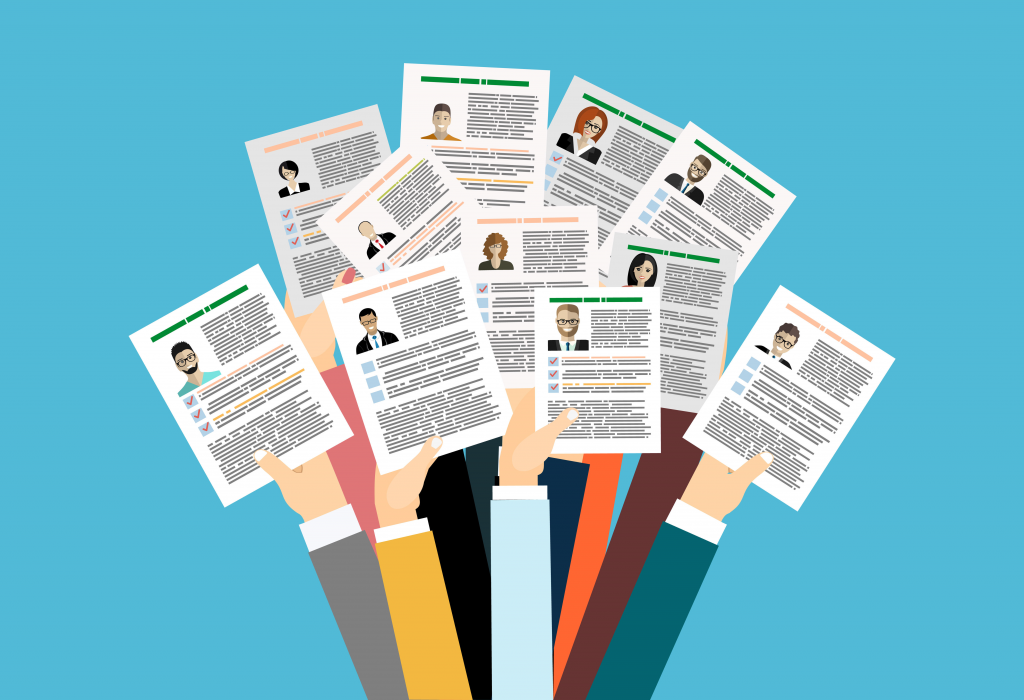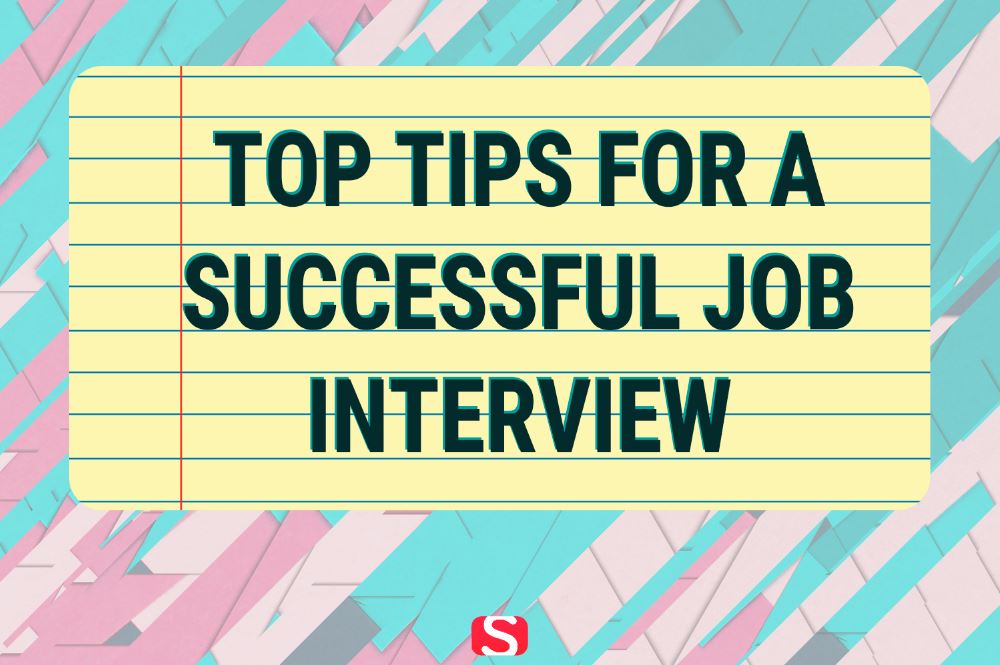The key to success when sitting in an interview comes only from what you’ve done before. Preparation, preparation, preparation. Going into a job interview can be unnerving, but these pangs of anxiety are only at their worst when you know you’re not prepared. If you have a job interview coming up in the near future, it’s important you revise like you would a test. It’s also important to remember though, that it’s not just 30 minutes or an hour of being put on the spot.
A job interview is a vital time to ask questions about the position, is there room for learning and improvement? What makes the position right for you? And, do you even want to work there?
The basics:
An interview, when you strip it back, is just a conversation from one being to another. So, when you present your self, not only do you need to have some good comebacks prepared for when they ask questions, but you also need to have some questions up your sleeve. Give and take during an interview shows maturity, it shows you’re actually interested in the position and it shows you’re prepared.
Interviewers want to know:
- Why you stand out amongst the other applicants
- Why you’re the right person for the job
- Your past experiences and capabilities
Therefore, your aims should be:
- To reveal your personality and unique flair, be enthusiastic, show the employers that you’re excited about the opportunity
- Express your ability to work with others
- Present why you’re the right person for the job, including skills, knowledge and ability to deliver
Things you must do before the interview:
Research is key. Sitting down for an hour each night running up to the interview to brush up on key parts of the company, questions you want to ask, and answers you want to give, will be extremely beneficial when the big day arrives.
But how do I know which questions will be asked?
The answer to that is, you don’t, really. You can only assume it’s going to be along the lines of…
- What motivates you?
- What are your career objectives?
- What is important to you?
- Why would you like to work here?
- What’s your past experience?
- What are your strengths and weaknesses?
About you
- Tell me about yourself
- Why are you looking to move jobs?
- How would your colleagues describe you?
About your accomplishments
- What are your biggest accomplishments to date?
- What size budget are you used to handling?
- Give an example of when you managed change in difficult circumstances?
- What can you bring to this position?
Jot down your answers
To be prepared, why not write down an answer to each question. Try and memorize your answers so you have plenty of things to say in the interview.
Top Interview Tips:
- Listen to the question
- Ask questions
- Don’t turn up empty-handed
When thinking about the types of questions you should be asking at a job interview, you must always stay relevant to what’s being asked. Don’t panic about losing your train of thought, stuttering and being nervous, acknowledge and address you’re feeling nervous, take a breather, and start your sentence again. Interviewers will appreciate this rather than you staying silent throughout the whole interview.
Questions to ask:
- What would you like the person you appoint to achieve in the first year?
- What does success look like in this position?
- What is the biggest challenge facing the successful person?
- What is the biggest challenge facing the business?
- Have the objectives of the business changed recently and, if so, why?
- Have there been any major organisational changes recently?
- What would you say are the most exciting things about this business/opportunity?
- How do you see your market evolving over the next 3 years?
At the end of the job interview…
When the interview comes to an end, ensure you address once again the fact that you’re interested in the position. Don’t assume they already know because they might not. Be confident and end the interview with an impressive statement/question “I’m very excited about this opportunity, what’s our next step?”, this puts the ball in their court, and it’s over to them to start making decisions.
Remember…
If you prepare for a job interview in plenty of time, making notes for the questions above and practice what you’re going to say, when you present your self in the interview you have great chances of succeeding.
If you need help with your CV or more in-depth help applying for jobs and going to interviews, check out CVextra. The group of recruitment industry experts who can provide you with skills to help you move up the career ladder, change profession and even apply to universities.

